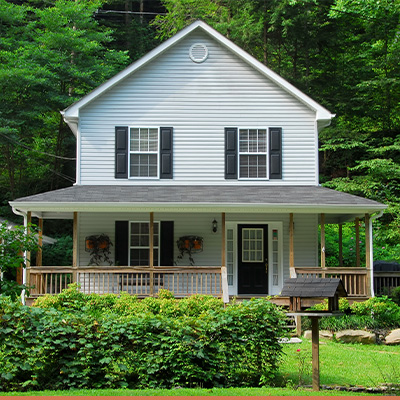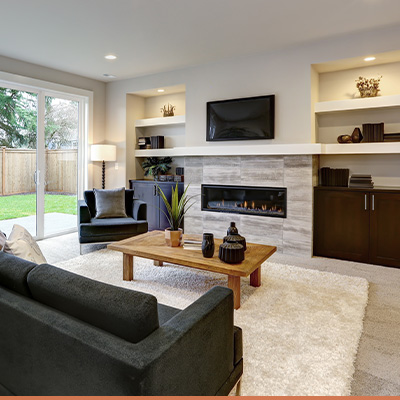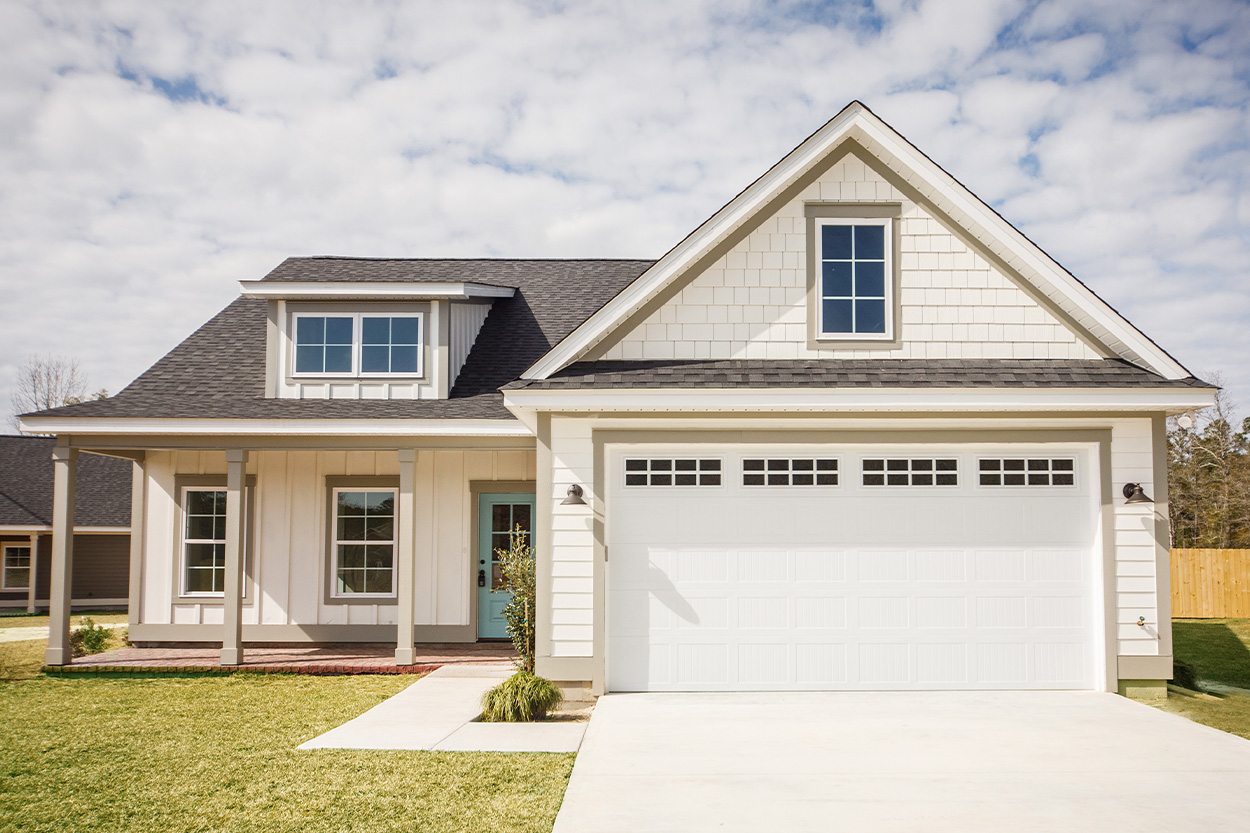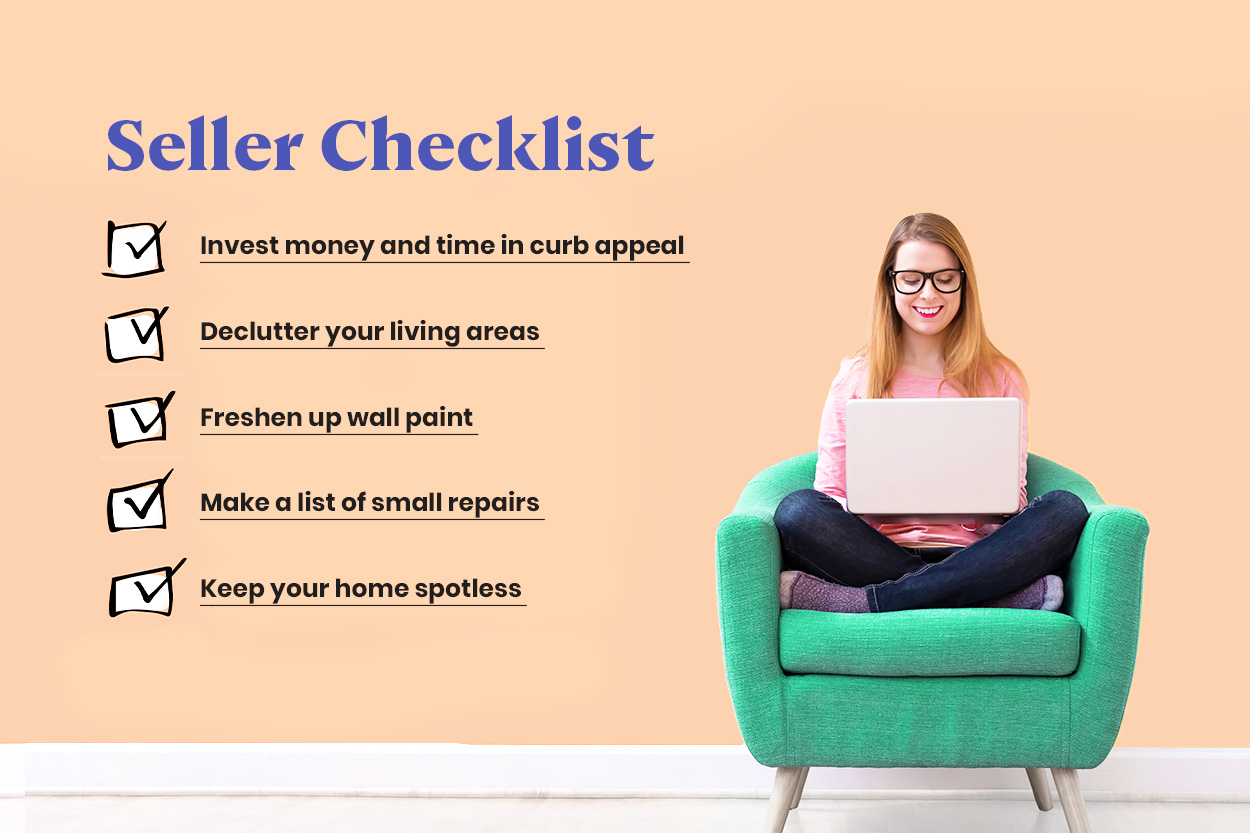How Soon Can I Sell My House After Purchase?

Key Takeaways:
- You may be uniquely suited to moving between houses based on market conditions, significant life changes, and the ability to rent out your home.
- Holding onto your house for at least five years can allow you to accrue the equity needed to afford a new home.
Holding onto your house for at least two years can exclude you from up to $250,000 of capital gains taxes from the profit from selling it.
How Soon Can I Sell My House After Purchase?
Buying a house is quite a feat! But perhaps you’ve discovered that the house you chose no longer suits your life. A number of changing circumstances may leave you wondering: “How soon can I sell my house after purchase?”
While you can legally sell your house any time after closing, you may want to consider:
- Your home’s equity
- The selling costs of a house
- Life circumstances
Your Home’s Equity

Equity is the amount of any owed mortgage or liens subtracted from the house’s market value. For example, if your home is worth $200,000 and you have a mortgage loan of $150,000, you have $50,000 in equity.
Your equity increases as you pay down your mortgage and as the market value of your home appreciates, which takes time. In a stable market, you may see your house appreciate 2 percent per year. Which means you’re in a better position to sell your house early if your house has appreciated at or above 3 percent per year (a hot market).
It takes an average of five years for homeowners to build enough equity to offset the costs of buying, selling, and moving into a house. So, the safest answer to the question of how long should you own your home before selling is five years.
Still, this is not a hard and fast rule, and there are benefits to selling earlier (which we will discuss later in this article).
First, let’s consider how much it costs to sell a home.
The Costs of Selling a House
The primary expenses of selling a house include:
- Preparing your home for sale (cleaning, professional photographs, and staging)
- Your realtor’s commission
- Other selling costs due at closing
All these expenses are expected to cost 8-10% of your house’s sale price. That’s up to $20,000 from the sale of a $200,000 home.
Cleaning
Before you put your house up for sale, you’ll want to make it appealing to buyers. If you’ve been in your home for fewer than two years, you likely won’t want or need to repaint, redo the landscaping, or make any major repairs. However, you will want to get your windows and carpets cleaned. Consider a deep clean from a professional cleaning company before photographing or showing your home.
Professional Photography
Once your home is clean enough to photograph, a small investment in professional photography can make a huge difference in the creation of a beautiful listing. Not only will it set your home’s listing apart visually, but it may even up your home’s value. According to a Redfin data study, “homes listed between $200,000 and $1 million sold for $3,400 to $11,200 more relative to their list prices when photographed professionally with a DSLR camera.”
Staging

Hiring a staging professional will offer potential homebuyers the same appeal in-person as the photographer will offer online. Staging professionals understand how to bring more light into a room, how to accentuate certain features of your home, and ultimately, how to make your home as attractive as possible—all of which can up the sale price.
Realtor Commissions
You can expect about 6% of your home’s sale price to go to realtor commissions. This comes out to be $12,000 if you are selling a $200,000 home.
Closing Costs
Outside of preparing your home for sale and the realtor’s commission, other costs may include:
- Transfer tax
- Title insurance
- Escrow fees
- Attorney fees
These costs usually amount to 2-4% of your home’s selling price. On a $200,000 sale, expect these other costs to be around $8,000.
That said, depending on the negotiations, you may end up being able to push the above costs (i.e., escrow fees and title insurance) to the buyer.
Paying Off Your Mortgage
Once you make the sale, the money is first used to pay off the mortgage loan. Be aware, the “payoff balance” listed on your mortgage statement might be less than what’s actually owed. If you sell your home for $200,000 and your mortgage balance is $150,000, you may end up paying closer to $160,000 to pay off the loan. There are two primary reasons for this:
- Prorated interest added to your balance
- A possible prepayment penalty, depending on your mortgage
Waiting to Sell Can Pay Off (Literally)
A capital gains tax is a tax on the growth of the value of investments. Owning your primary residence for at least two years may exclude you from paying capital gains taxes on up to $250,000 of profit from the sale of your personal property. (This exclusion is up to $500,000 for married couples.)
So, waiting at least two years to sell your house is a way to avoid paying a capital gains tax on the profit.
Potential Benefits of Selling Early
What if you don’t want to wait years to sell off your home? What if you want to sell only weeks after buying? As mentioned above, legally, there’s nothing preventing you from selling once you’ve closed on your purchase. In fact, there are circumstances in which selling your house soon after purchase is financially and personally beneficial.
A Seller’s Market
If your local housing market favors sellers, you will likely be able to sell your house for more than you would in a buyer’s market. This could offset some of the risks of selling early, including lower equity and the burden of closing costs.
Life Changes
Often the biggest life changes are unexpected. Maybe you were expecting a new addition to the family, but ended up adding three bundles of joy. On the other hand, a breakup may leave you unable to financially keep up with a house purchased for two.
Unforeseen circumstances may qualify you for a partial exclusion from the capital gains tax. In which case, you would want to consult a tax expert.
Itching to Move, but not Ready to Sell
Renting out your home may be a viable option for you if you don’t have enough equity to comfortably sell. This way, you can still scratch the wanderlust’s itch, while putting rental income toward your mortgage, especially if your home is in a desirable area.
Your local laws may prevent you from doing this though, especially without a particular license or permit. Be sure to look into local renter’s laws in your area.
You Can Sell, but Should You?
If you’re motivated to sell early because of a mild case of buyer’s remorse and not significant life change, it may be best for you to stay put for at least two years. This way, you can build equity and avoid a capital gains tax.
If building equity is top of your priority list, it is usually safest to hold onto your personal property for at least five years.
However, life happens.
In a situation where selling your house could greatly improve your career, finances, or peace of mind, it may be worth shoring up the costs to make that happen.






